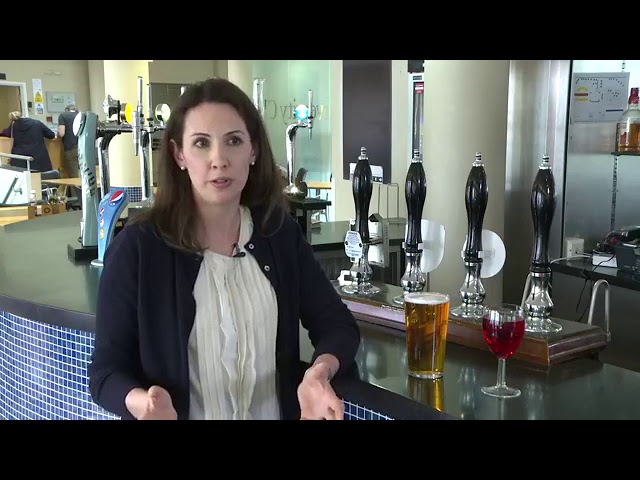How Does Alcohol Affect The Brain: Immediate and Long-Term Impacts
Ever wondered why your dance moves get *questionable* after a few drinks? Alcohol’s immediate effects on the brain are like a chaotic DJ remixing your neural pathways. First, it slows down communication between brain cells, making you feel relaxed (or clumsy). Next, it messes with your prefrontal cortex, the part responsible for decision-making, which is why you suddenly think karaoke is a *great* idea. And let’s not forget the hippocampus—alcohol can temporarily impair memory, so good luck remembering where you left your phone (or dignity).
But the long-term impacts? That’s where the party really ends. Chronic drinking can shrink your brain, literally. Over time, alcohol damages neurons and reduces brain volume, leading to issues like memory loss, difficulty concentrating, and even mood disorders. It’s like your brain is on a permanent hangover, and no amount of coffee can fix it. So, while that glass of wine might feel like a shortcut to fun, your brain might not be laughing in the long run.
- Immediate Effects: Slowed brain function, impaired judgment, and memory lapses.
- Long-Term Effects: Brain shrinkage, cognitive decline, and increased risk of mental health issues.
Understanding the Science: How Alcohol Alters Brain Function and Behavior
Ever wondered why your dance moves get *questionable* after a few drinks? Blame it on alcohol’s sneaky way of messing with your brain. Alcohol is like that uninvited party guest who disrupts the vibe—it slows down your brain’s communication system by interfering with neurotransmitters. GABA, the brain’s “chill pill,” gets a boost, making you feel relaxed (or slurring your words). Meanwhile, glutamate, the “let’s get things done” chemical, gets suppressed, which is why your decision-making skills take a nosedive after one too many margaritas.
But wait, there’s more! Alcohol also hijacks your brain’s reward system by flooding it with dopamine, the “feel-good” chemical. This is why that third glass of wine feels like a brilliant idea—until it’s not. Here’s a quick breakdown of what’s happening in your noggin:
- GABA: Slows things down, making you feel relaxed (or wobbly).
- Glutamate: Gets muted, leading to poor judgment and coordination.
- Dopamine: Gives you a temporary high, making you crave more.
So, next time you’re tempted to blame your questionable life choices on “just one drink,” remember—it’s science, not you. Well, mostly.
